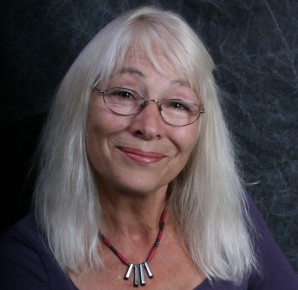James Boswell writes that Johnson was born in Lichfield, in Staffordshire, on the 18th of September 1709, and his baptism was performed on the day of his birth. His father was Michael Johnson, a bookseller and stationer. His mother was Sarah Ford ‘descended from an ancient race of substantial yeomanry in Warwickshire.’
Of Samuel’s father, Boswell writes ‘…yet, as in the most solid rocks veins of unsound substance are often discovered, there was in him a mixture of that disease, the nature of which eludes the most minute enquiry, though the effects are well known to be a weariness of life, an unconcern about those things which agitate the greater part of mankind, and a general sensation of gloomy wretchedness. From him then his son inherited, with some other qualities, ‘‘a vile melancholy,’’ which in his too strong expression of any disturbance of mind, ‘‘made him mad all his life, at least not sober.’’
Johnson himself wrote of his parents, ‘My father and mother had not much happiness from each other. They seldom conversed; for my father could not bear to talk of his affairs; and … ‘had my mother been more literate, they had been better companions.’
Boswell is quick to correct the idea that Johnson was blind as was believed as much in the time that he lived as it is now. Johnson had a very disfiguring disease known then as King’s- evil, or Scrofula, which presents as ugly boil- like protrusions on the face and neck, and is in fact a form of tuberculosis of the lymph glands. This affected one of his eyes. As was the custom at the time, he was taken as a child of two to be ‘touched’ by Queen Anne, but it didn’t cure him. Johnson told Boswell that he ‘had a confused, but somehow a sort of solemn recollection of a lady in diamonds, and a long black hood.’
At school, Boswell writes, Johnson, with his prodigious memory and intellect, was regarded by other pupils and the masters to be remarkable. ‘… and such was the submission and deference with which he was treated, such the desire to obtain his regard, that three of the boys … used to come in the morning as his humble attendants, and carry him to school. One in the middle stooped, while he sat upon his back, and one on each side supported him; and thus he was borne triumphant.’
Boswell continues: ‘He never joined with the other boys in their ordinary diversions: his only amusement was in winter, when he took a pleasure in being drawn upon the ice by a boy barefooted, who pulled him along by a garter fixed round him; no easy operation, as his size was remarkably large.’
At the age of fifteen, Johnson was writing great quantities of poetry and was in school at Stourbridge, but during the two years that followed he was back at home, during which he was ‘scolded by his father for his want of steady application. He had no settled plan of life, nor looked forward at all, but merely lived from day to day.’ However Boswell goes on to say that Johnson had said, ‘‘I would not have you think I was doing nothing then.’’ He claimed to have read widely during that time and Boswell writes that according to Boswell what he read was ‘‘not works of mere amusement, not voyages and travels, but all literature, Sir, all ancient writers, all manly…’’
Boswell considers this conversation with Johnson, and makes a remark that would resonate now in connection with the study of literature and creative writing degrees: ‘The flesh of animals who feed excursively, is allowed to have a higher flavour than that of those who are cooped up. May there not be the same difference between men who read as their taste prompts, and men who are confined in cells and colleges to stated tasks?’



